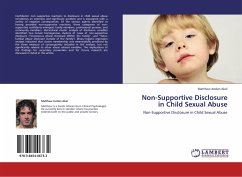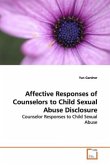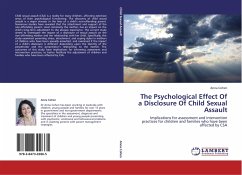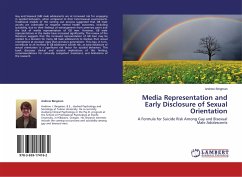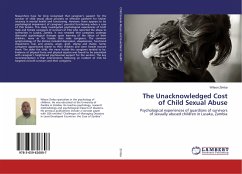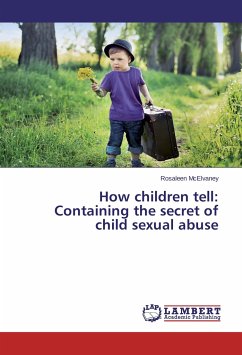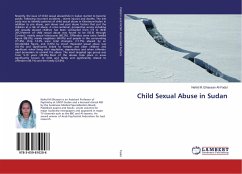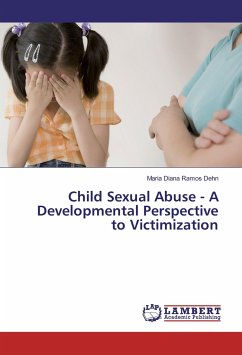Confidants non supportive reactions to disclosure in child sexual abuse constitutes an extensive and significant problem and is associated with a variety of negative consequences. Of the various agents identified as having provided non-supportive reactions, three categories of non-supportive confidants emerged: family members, professional persons, and community members. Hierarchical cluster analysis of disclosure variables identified two broad homogenous clusters of cases of non-supportive disclosure ( Incestuous Abuse Disclosed Within the Family , and Extra-familial Abuse Disclosed Outside of the Family ). Binary logistic regression analysis indicated that cluster membership was meaningfully predicted by the three measure of consanguinity included in the analysis, but not significantly related to other abuse related variables. The implications of the findings for secondary prevention and for future research are discussed in detail in this article.

